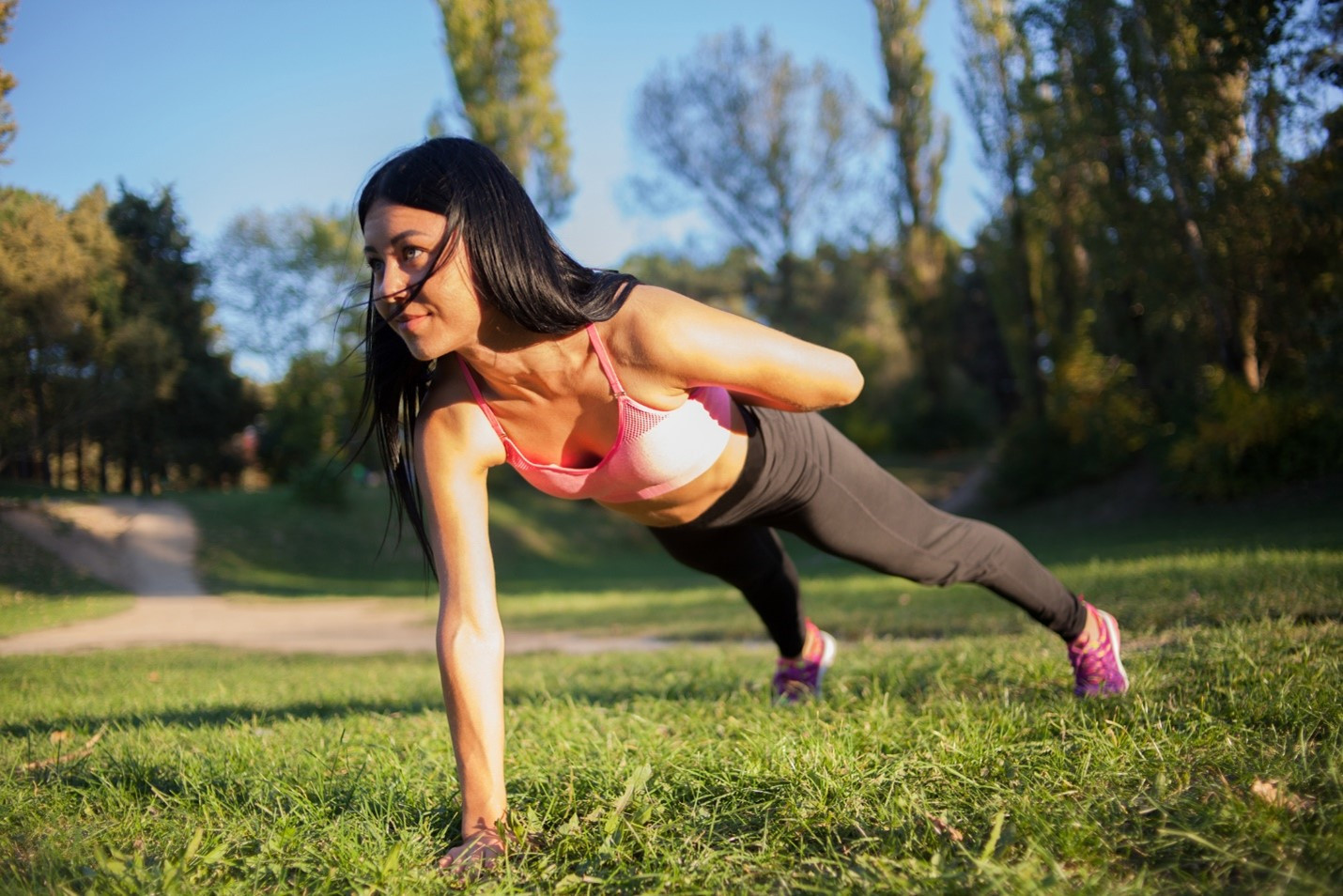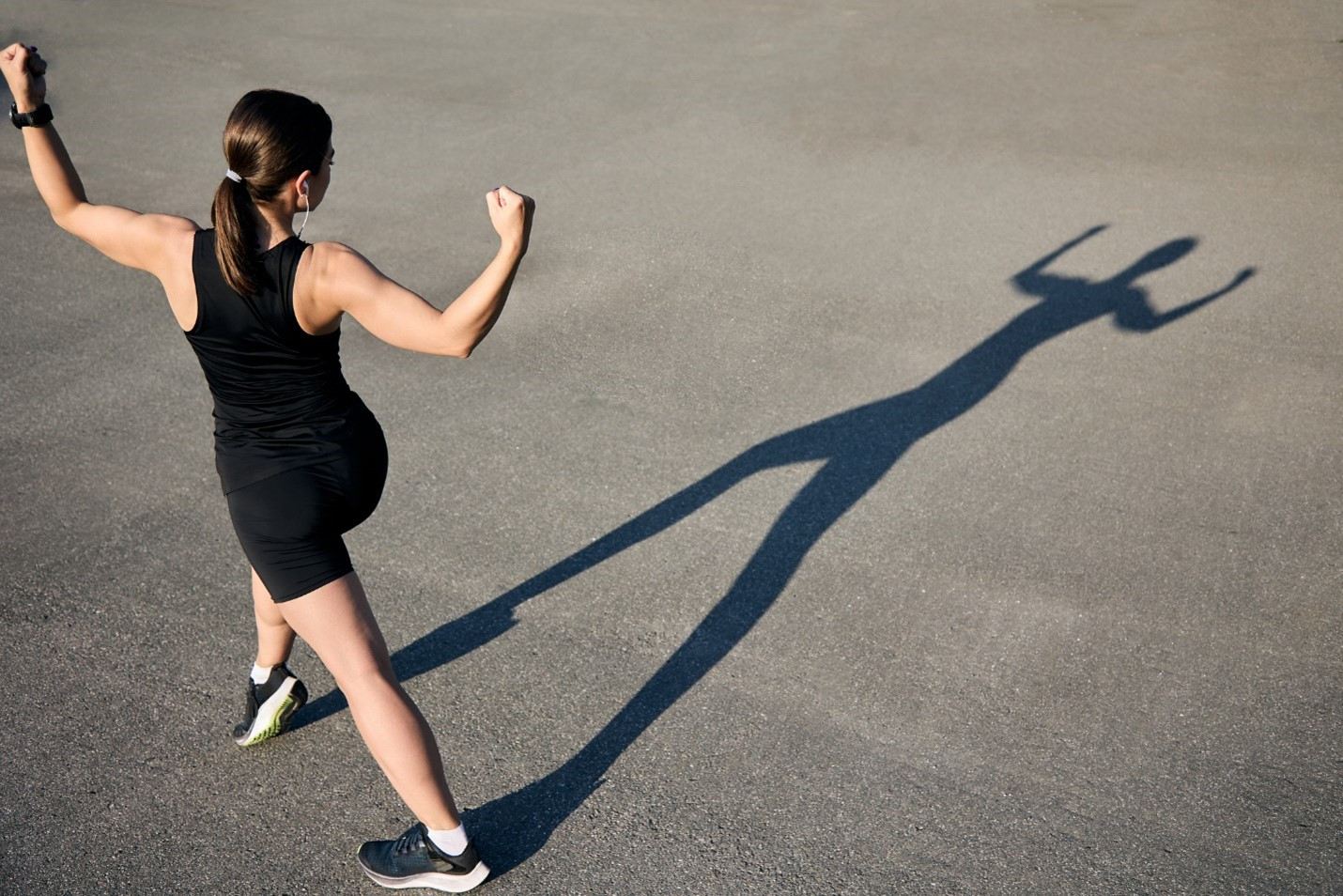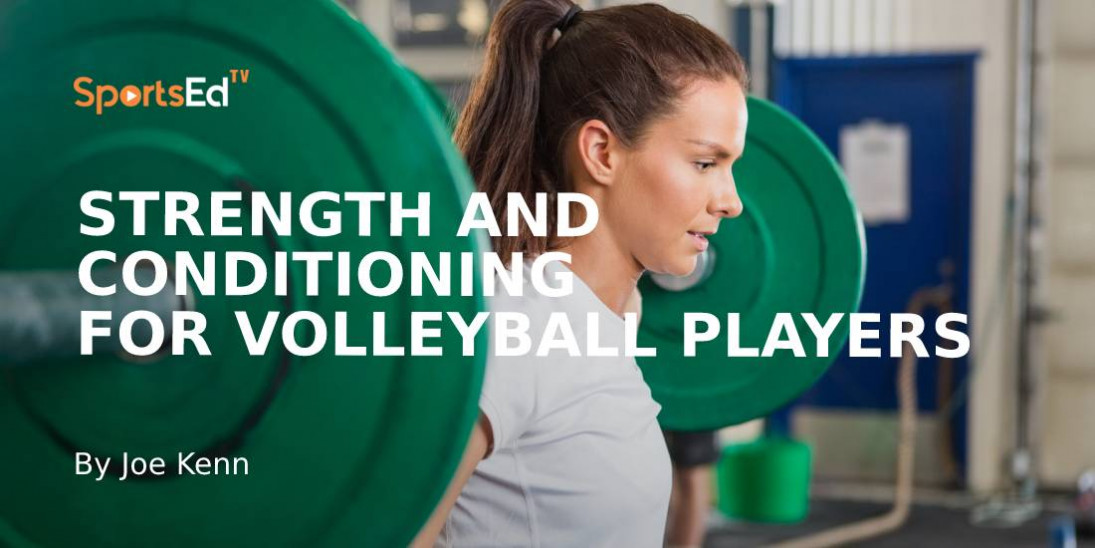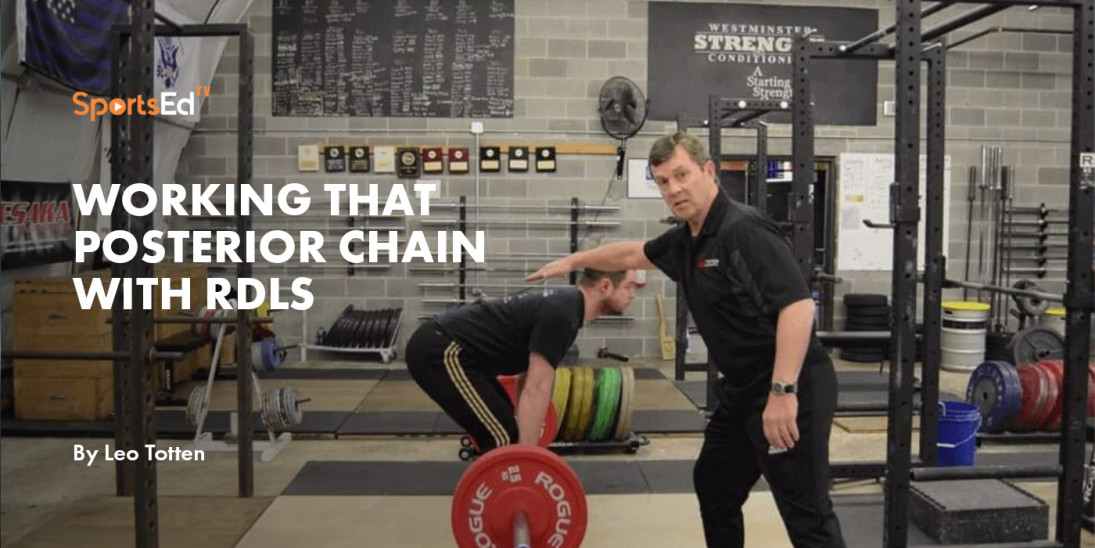Weightlifting, Strength And Conditioning
Welcome and thanks for visiting...

Setting a Foundation for Young Athletes: A Message to Parents

TJ Greenstone, a strength and conditioning coach at Butler University, offers insights and advice to parents hoping their kids will succeed at collegiate sports. His ideas come from 10 years of working with incoming athletes, some of whom are well prepared, some of whom need a great deal of remedial work.
Dear Parents of Young Athletes:
I have now worked in the collegiate strength coaching industry for a decade. Having worked with talented and not-so-talented student-athletes of almost every shape and size across 10+ sports, I’d like to offer you, the parents, some advice. From a 10,000 ft view, I see commonalities between successful versus unsuccessful athletes. I think parents may hold the key to ultimately better performance and a more rewarding experience for their children.
As well, of late I have begun training a few youth athletes in the community. My one main goal is to prepare them for what is next. This has led me to ponder: What hinders certain incoming college freshmen student-athletes from performing at the highest level? All should be competing for early playing time, continually progressing throughout a program, and/or staying healthy season after season.
What’s Often missing
I’ve noted the following common characteristics that impede athletic performance:
- Poor mover
- Lack of core strength
- Understanding/appreciation of work ethic
- Participating for you (or someone other than themselves)
Let’s take a look at each of these factors.
A Poor Mover
Poor movers either cannot physically move as needed or they don’t understand what is required of their bodies. These athletes are often labeled as out of shape, because they literally don’t know how to run. These youngsters struggle to coordinate their bodies when introduced to new movements that are involved either directly or indirectly with a particular sport. As the sheer volume of work adds up, many of these athletes eventually break down physically. It’s a challenge to progress from being a high school multi-sport athlete or taking part in a slower sport to the year-‘round program at higher intensity at the collegiate level. They compensate, figure it out, and run away from the preverbal bear that is constantly chasing, finally becoming injured.
It’s important to value movement. Your youngster needs to understand what proper movement is. The body was made to move in a certain way. As your son or daughter gets passed on from sport to sport, coach to coach, trainer to trainer, or group setting to group setting they must understand how to perform basic patterns. This allows them to navigate training not only during their athletic career, but beyond. How many people ache and hurt as they age because they have lost the gift of movement? Value quality movement, add strength on top of that, and you set your young athlete up for success as they progress throughout their athletic career.
Lack of Core Strength

A lack of core strength is the cause of many movement problems. Think of the multitude of injury reports that scroll across the bottom of any ESPN feature. When the core is not strong or stable, the joints and tissues of the body take on the load. Having a weak core leaves your daughter or son unable to fully express the athlete that they could be.
It’s highly unlikely you’ll hear the doctor or athletic trainer say. “His/her core is too stable and his glutes are just too strong.” The opposite is all too often the case. Increasing core strength is often easier to do than we think. It is a matter though of doing the right exercises in the right way. Too often the public thinks that sit-ups and crunches are the answer. It’s more than that!
Improved Work Ethic
Eventually the game ends for everyone. Whether it be by their own choice or someone else's, participation in most sports will eventually come to an end. One of the greatest things I learned through sport is the value, feel, and experience of hard work. Learning what it takes to improve, how to set goals, investing in something through sweat equity to attain that goal, make the team, or improve performance has a carryover to life, business, and leading a family. Eventually, your son or daughter's genetic potential will run out. If they understand that they have to work hard for things in life, they’ll not only be more successful in sport, but also in their efforts after sport. Kids will be even more successful when they realize they need to work on things they aren’t already efficient or successful at!
Self Motivation

I write this as a young parent of three boys. They are amazing and love all things sports and training. This may change as we move forward. But children need to love sport for themselves. They won’t succeed by taking part because you dream of their success. Playing to make mommy or daddy happy is not the secret of athletic success.
The best athletes I’ve worked with absolutely love the sport they are playing. For me, this was weightlifting. Every day that I trained I had no one telling me what I had to. I had a small support circle, but they provided no pressure. Each day I woke up and worked at it because I wanted to. I had a passion for my relationship with the barbell that not many around me could understand, which is okay. I did it for me, making success that much greater. It also made putting my lifting career on pause that much easier. This was best for me at the time; since I competed for myself, I never felt I was letting someone down.
Some parents may pressure their children, either directly or indirectly, to succeed athletically to meet or exceed the parent’s experience. This really robs everyone of the true purpose of a child-parent relationship: simply being the best father or mother we can be.
Final Thoughts
I have learned so much over my time in the strength and conditioning world. Do I wish I knew then what I know now? Sure do. I want to help the next TJ Greenstone avoid mistakes I made. I want to serve as the GPS for athletes I work with. I know the experiences that helped me and those that hindered me along the way.
Parents: have your young athlete develop a strong foundation of movement, establish outstanding core strength, clearly understand that sport, like life, is a difficult challenge to work through, and love the game for themselves. Their chance of being healthier and more successful will be much higher. And, you’ll make the job of a collegiate strength coach that much more effective!





